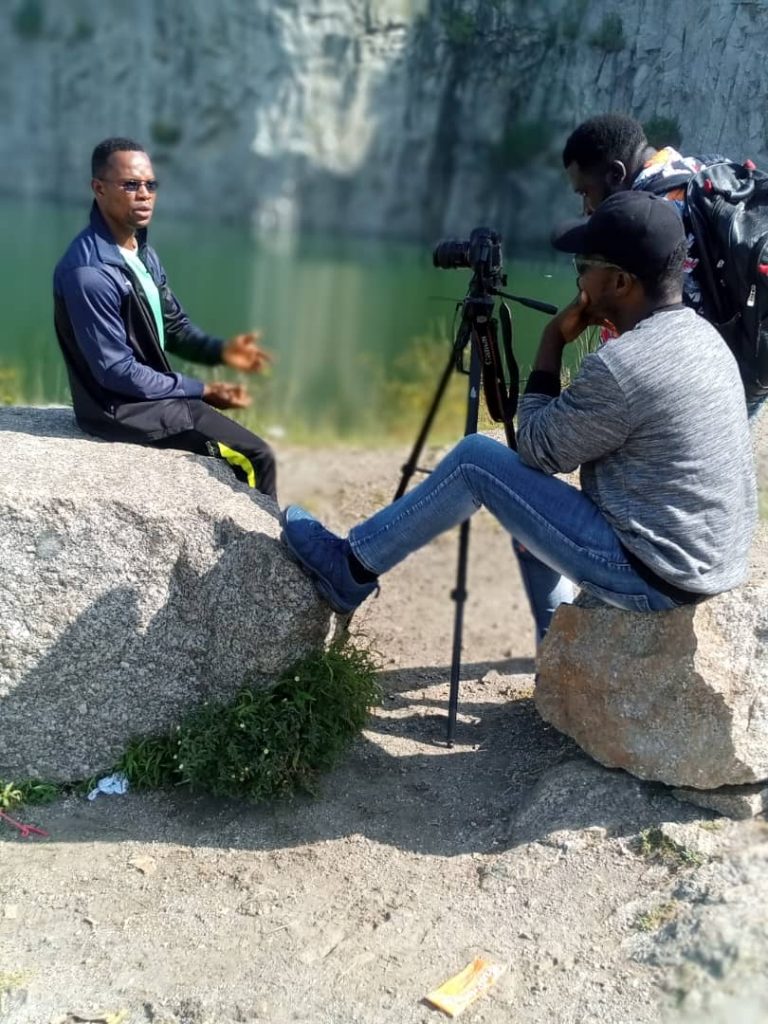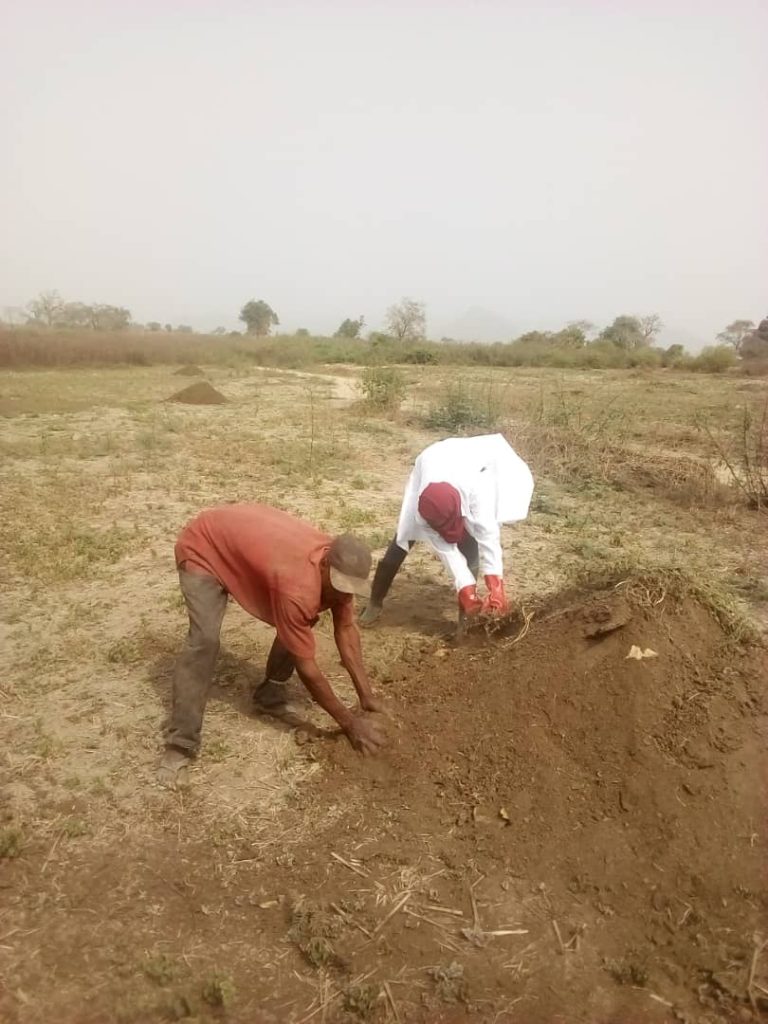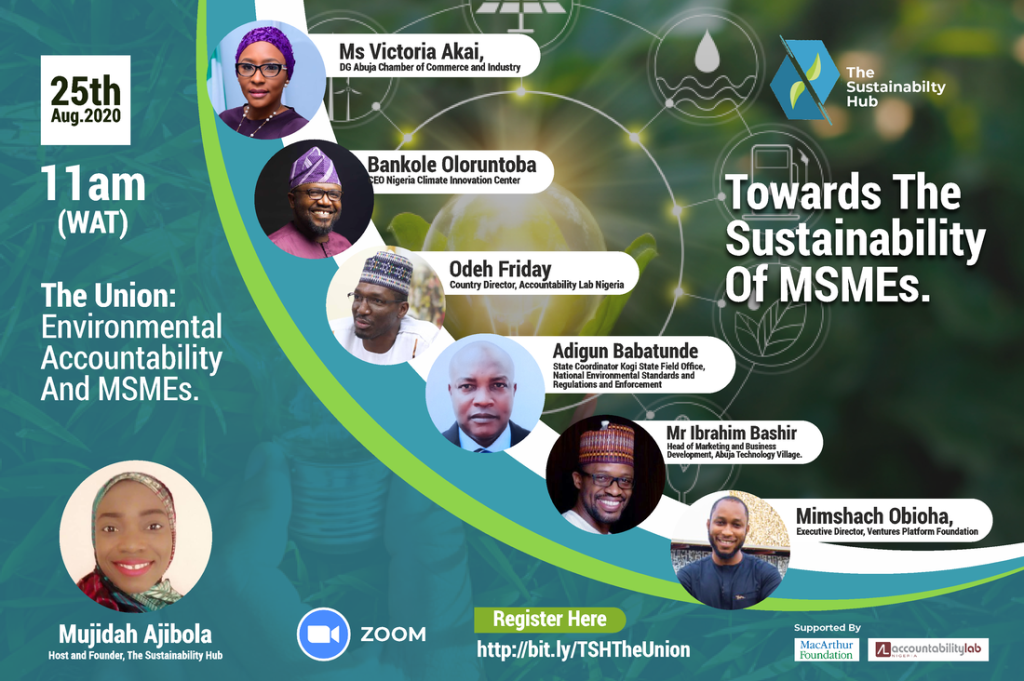Research Laboratory
WE CONTRIBUTE TO THE BODY OF KNOWLEDGE FOR THE DEVELOPMENT OF SOLUTIONS TO SOME OF THE MOST PRESSING ECONOMIC, SOCIAL AND ENVIRONMENTAL ISSUES IN THE SOCIETY. OUR STUDIES CUT ACROSS DIFFEREWNT THEMES OF SUSTAINABILITY: ENVIRONMENT, CLIMATE CHANGE, ESG, RRENEWABLE ENEREGY AND CIRCULAR ECONOMY.
Environmentally Smart System of Rice Intensification
Rice is a staple food in almost all parts of the world especially Africa and Asia as a rich source of carbohydrate. Rice is the daily staple for more than 3.5 billion people. Quite easy to cultivate and fast to harvest, it brings economic returns to every actor in its value chain and contributes directly to decent work and economic growth as well as increased foreign exchange earnings.
However, rice cultivation contributes greatly to climate change through the emission of greenhouse gases involved in soil and plant management, fertilizer application as well as water management practices.
As much as there is improved advocacy for environmentally sound farming practices, farmers and investors are concerned about the economic viability of such initiatives.
By assessing the economic viability of sustainable rice production, we educated and encouraged farmers to adopt environment-friendly farming practices; reducing the contribution of rice farming and processing to climate change.
With the main objective of assessing the economic implications of environmentally sustainable practices in rice production, the research also educated farmers on the outcome of the study through a knowledge sharing session.
This project was funded by ShareYourself, a project management and grants platform.
Environmental and Social Responsiveness of MSMEs
Can economic activities ever be in harmony with the environment?
This study assesses the perception of business owners to environmental management and social responsiveness in terms of their energy use, material resource efficiency and corporate social responsibility in their host communies. The journey started in October 2019 with a survey that had about 18 respondents. It was later re-administered in 2020 with the support of Enspire ATV, Abuja Chamber of Commerce and Industry, Ventures Platform and Accountability Lab Nigeria.
The purpose of this survey is to describe and analyse the parameters that interact in the implementation of environmental management, taking into account the peculiarity of MSMEs. Parcular attention is given to the shift towards environmental sustainability and circular economy. General conclusions and recommendations for further research are also mentioned. The study used online and physical quesonnaires which included 32 mulple choice and short answer questions. The responses on physical forms were transmttied to a digital form for analysis.
The questions were in four categories viz: demography of the respondents, business structure, sustainability perception and business sustainability.
The findings show that environmental management and accountability is a complex issue involving a lot of bureaucracy and diplomacy. From the survey, we gathered that an astounding 100% of the SMEs that responded to the survey agreed that environmental pollution is a problem.
This research was funded by Accountability Lab, Nigeria. We acknowledge the support of Enspire Incubator, Abuja Chamber of Commerce and Industry, Ventures Platform for their support in administering the survey to companies within their networks.
Impact of economic activities on livelihoods and human settlement
llMpape, Abuja is a community in Bwari Area Council of the Federal Capital Territory. It is host to about 1.8 million people who are involved in both formal and informal occupations, but majorly informal. The community has frown swiftly from a village to a town of its own in a space of 30 years. It has predominantly the people of Gbagyi tribe as original settlers although with development, almost every Nigerian tribe can now be found in the community.
Mpape was not originally classified as a human settlement due to the volume of mining activities that take place there but due to migration, people have continued to live there despite the potential risks.
As provided in the Nigerian Mining Act, mining companies should embark on a process of remediation after mining a particular location to restore the land an make it safe for the people in the community. One of the mining sites previously used is known as Crushed Rock. Although, our team gathered that the mining activities have been stopped at the site for about 7 years now, the site has been left unattended to. This has led to loss of lives inside this deep gully while some people have reportedly been badly injured from falling into the ditch. It also houses stagnant rain water. Worse still, hoodlums use this place as a hideout and also attack people who pass by the location late at night and early in the morning.
Supported by Accountability Lab, we were able to film a short documentary of the site, its current state with interviews with community stakeholders on the prospects of the mined site-turned recreational centre.



